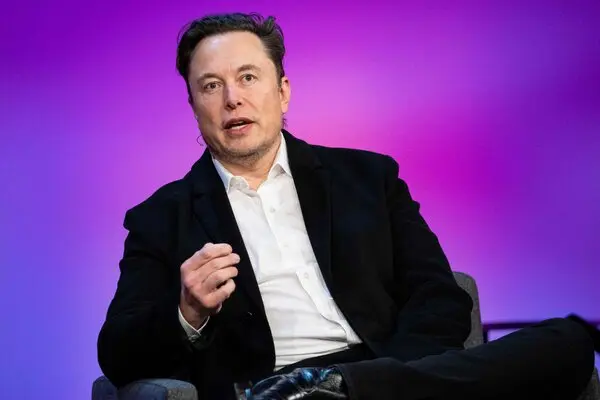In a recent statement on January 24, Tesla CEO Elon Musk expressed concerns about the growing dominance of Chinese automakers, asserting that they could “demolish” global rivals if trade barriers were removed. Musk’s comments follow the recent success of Warren Buffett-backed BYD, which surpassed Tesla as the world’s top-selling electric vehicle (EV) company in the last quarter. Despite Tesla’s significant price reductions in 2023, BYD’s more affordable models and diverse lineup contributed to its achievement.
Elon Musk emphasized that Chinese car companies are the “most competitive” globally and could achieve substantial success outside China if trade barriers were not in place. He praised them as “extremely good,” acknowledging their potential to outshine most global counterparts. The Chinese foreign ministry, in response to Musk’s comments, expressed unawareness of the reports but emphasized the importance of maintaining a fair, just, and open business environment during a regular briefing on January 25.
The Tesla CEO has previously voiced concerns about a price war initiated in the EV market, resulting in squeezed margins for Tesla and causing worries among investors. Musk cautioned that Tesla was approaching the “natural limit of cost down” with its existing lineup. Despite Tesla’s plans to introduce a more affordable mass-market compact crossover, codenamed “Redwood,” in mid-2025, Musk acknowledged the increasing competition from Chinese EV manufacturers adept at cost management and expanding their foreign presence.
While Chinese car companies have made significant strides with stable supply chains and competitive pricing, challenges such as low brand awareness and perceived reliability, durability, and safety concerns in the United States may impede their progress in winning U.S. market share, according to industry experts.
Elon Musk’s remarks align with the backdrop of the U.S. presidential election gaining momentum. President Joe Biden has expressed concerns about China’s determination to dominate the EV market and has vowed not to let it happen. Former President Donald Trump, a potential frontrunner for the Republican nomination, has signaled a willingness to impose stronger tariffs on Chinese imports if elected.
Addressing potential partnerships, Musk clarified that there is currently no obvious opportunity for collaboration with Chinese rivals. However, Tesla remains open to providing access to its charging network and licensing technologies, such as self-driving, to Chinese companies.
In Europe, a protectionist stance toward Chinese EV makers is evident, with the European Commission investigating the imposition of tariffs to counter alleged benefits from state subsidies for Chinese EV imports. Industry analysts suggest that instead of tariffs, the U.S. and Europe need policies supporting their automakers in building diversified supply chains over time to remain competitive in the evolving EV industry. The landscape is marked by both challenges and opportunities, as the global EV market witnesses intense competition and strategic considerations.












